This tool can be used to
Oral memory workshops are spaces for contrast and debate and they are also frameworks for the construction of collective identity through the exercise of oral memory, especially thanks to the senior members of the community.
Conceived as a space to share knowledge through the experience of the components of the community, these workshops will serve to recover and value, from a participatory perspective, the direct knowledge of the members of the community group.
This will have a positive impact on the task of revitalizing the ecomuseum, incorporating into its action dynamics the knowledge stored by the members of the community to which the ecomuseum belongs.
The workshops or seminars on oral memory have a multiple objective
To have human elements that know their territory, their present and past reality, focusing the action on people of a certain age who can be assumed or who are known to have this knowledge.
The preferred target is the one formed by the oldest members of the community, since it is especially about working with the treasure that constitutes the memory of the senior members of said human group. This tool can be applied at any level of the existence of the ecomuseum, either in its project phase or in an existing and consolidated ecomuseum, since the joint work with Memory and heritage is an always valid tool both in the conformation of the project of an ecomuseum as it is regarding an already existing ecomuseum.
This methodology should be implemented through the development of workshops. These workshops should preferably be coordinated by a specialist in memory and orality, an expert in oral history, and should be adapted to the human resources who wish to take part in them, as they may involve older people to a large extent.
A flexible duration of the workshops is recommended, starting from a minimum of 2 hours for each workshop.
They can take place in person or virtually, the former being recommended. They can be collected using audiovisual media with the consent and permission of the participants.
The production of final audiovisual documents specific to each workshop and a similar general document is not excluded.
Oral memory workshops in La Línea de la Concepción (Cádiz, Spain)
Oral memory workshops in Marinilla (Antioquia, Colombia)
Oral Memory Workshops, University of Las Palmas (Canary Islands, Spain)
Oral memory workshops at the Cervera Regional Museum (Catalonia, Spain)
Oral memory experience in Belalcázar (Córdoba, Spain)
https://www.facebook.com/1437582349824579/videos/382712939697951/?__so__=permalink
Nunzia Borrelli, Barbara Kazior, Marcelo Murta, Óscar Navajas, Nathalia Pamio, Manuel Parodi-Álvarez, Raul dal Santo, Julio Seoane

This project has been funded with support from the European Commission. The content of this website reflects the views only of the author, and the Commission cannot be held responsible for any use which may be made of the information contained therein.
Except where otherwise noted, content on this site is licensed under a Creative Commons Attribution 4.0 International license.